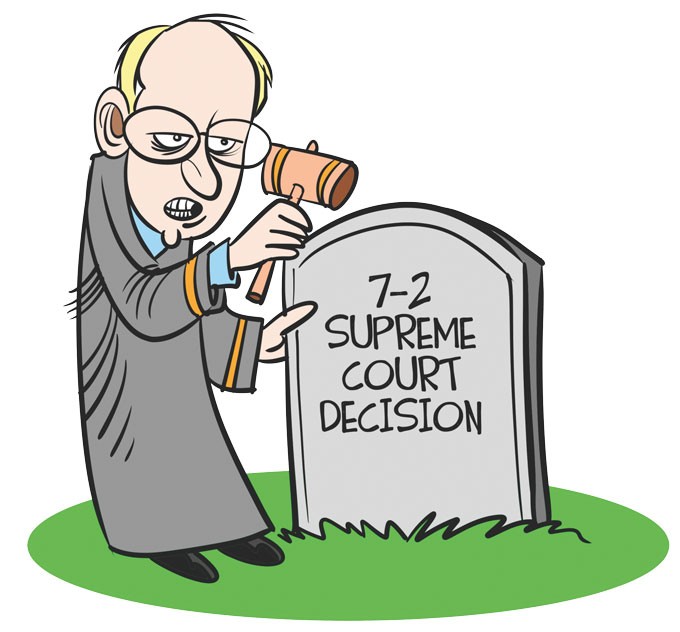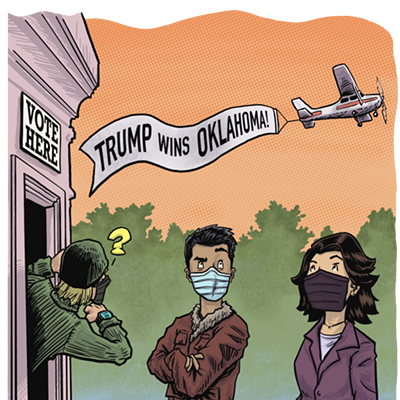As state lawmakers decried the State Supreme Court’s decision last week to remove the Ten Commandments statue from the grounds of Oklahoma’s capitol, at least one church leader celebrated.
The case for removal was brought up in 2013 by the American Civil Liberties Union of Oklahoma (ACLU) on behalf of local Baptist minister and theologian Bruce Prescott and several others.
“Religious people should rejoice that, despite the state’s argument to the contrary, the court made clear that the Ten Commandments monument is obviously religious in nature and not merely a secular historical artifact,” Prescott said in a media statement regarding the decision in Prescott v. Oklahoma Capitol Preservation Commission.
“Whatever!” was the collective and angry response from lawmakers who voiced their opposition the court’s 7-2 decision by bombarding media with press statements that demanded swift retribution and “judicial reform” or, as some put it, impeachment of the seven who favored the monument’s removal.
“This is pure evil winning in our state and country,” Rep. Mike Sanders, R-Kingfisher, said. “Our country is under assault from an unelected judiciary that is continuously trying to force cultural change upon us.”
The fact is religious dogma is informed by a dynamic thing called culture, and culture is informed by a community’s education, training, collective experience, ethnic history and — especially in Oklahoma — religious beliefs. So, we guess the validity of the argument for keeping the monument depends on which side is inflicting the so-called “cultural change.”
Heck, the pro-monument contingent argues that the Ten Commandments should be displayed on state-owned property solely due to its “nonreligious” historical value, thereby trumping Oklahoma’s constitutional prohibition against the forced cohabitation of church and state.
A wholesale suspension of disbelief is required for anyone who denies that — by definition — the commandments are “God’s laws.”
Article 2 section 5 of the state constitution prohibits the use of public money or property to benefit or support any “sect, church or denomination, or system of religion … or sectarian institution.”

















